Our Sustainable Future: Creating long-lasting social impact, together
28.03.25 4 min read
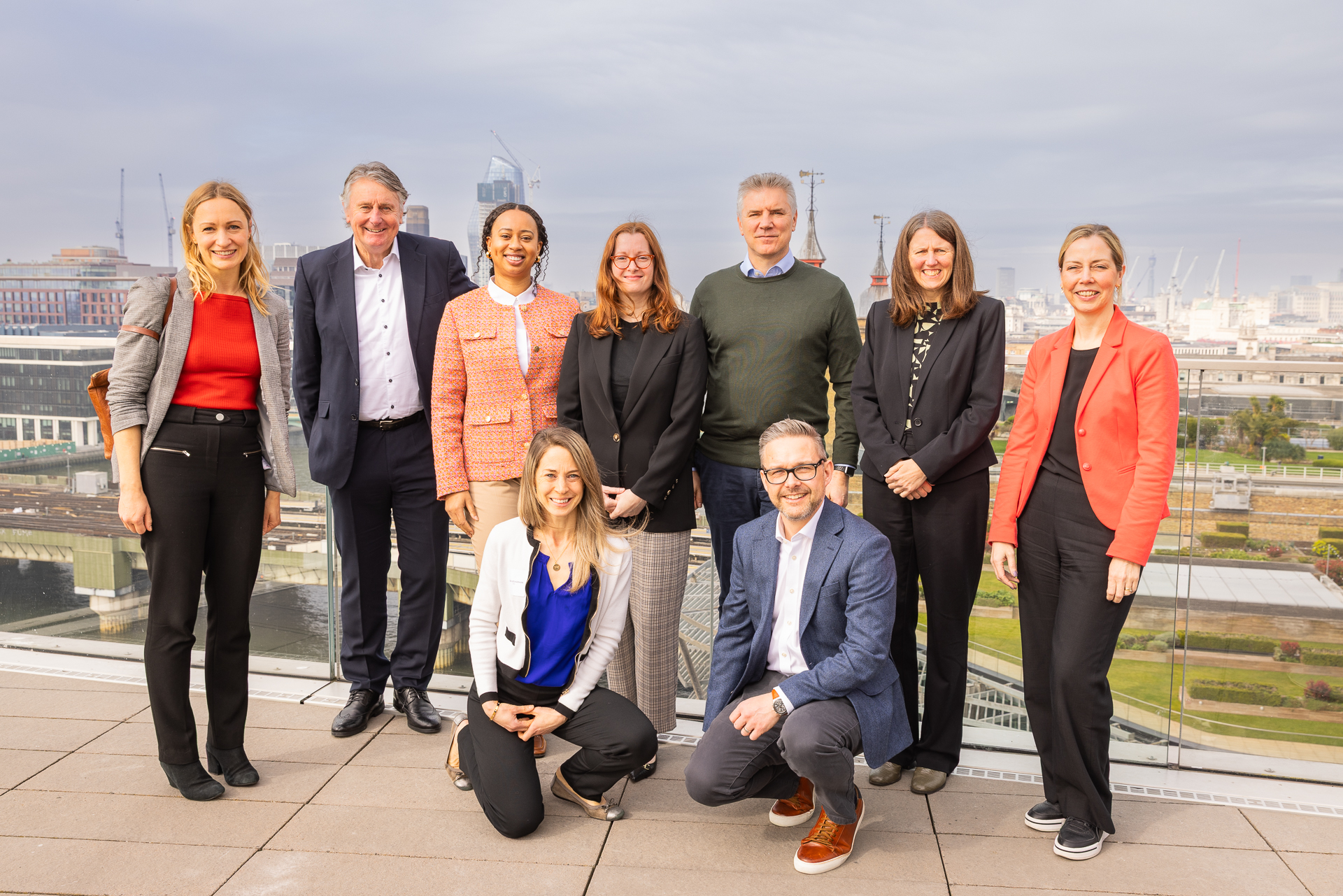
Our Sustainable Future is our strategy and process for delivering sustainable new places and operating as a responsible business.
In 2024, we released the first Our Sustainable Future report and last week, we launched the second.
We measure ourselves against six themes which underpin our Sustainable Development Strategy: social value, health and wellbeing, nature, net zero carbon, circular economy, and certifications.
From the delivery of Passivhaus-certified homes in Salford, creating a landmark for the UK City of Culture 2025 at One City Park in Bradford, or delivering hundreds of affordable homes at Manor Road Quarter in London – we are actively and intentionally responding to these themes.
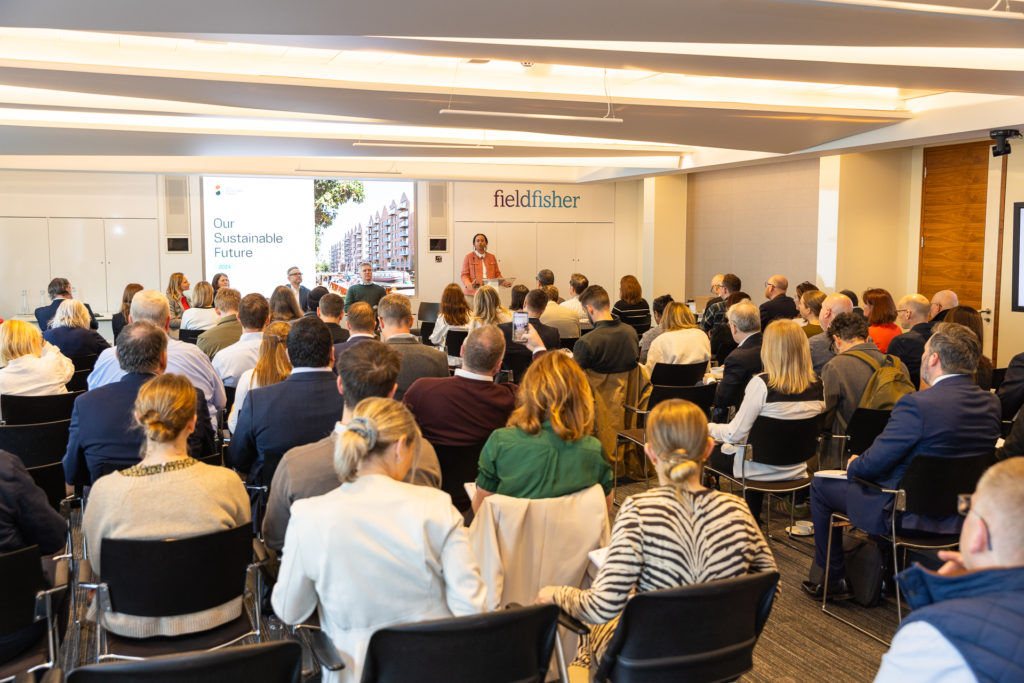
Over the last 12 months, we have achieved a great deal against our objectives.
We have created a new Health and Wellbeing Design Guide, implemented a standardised approach to Whole Life Carbon Assessments, and completed seven Ecological Constraints and Opportunities Plans – with 85% meeting our 15% Biodiversity Net Gain target, and three new places set to deliver 20%.
Between 2019-2024 we have also directly created £232m of social and local economic value. These are just some of the interventions and impacts we have delivered for communities, society, and the industry – all of which have been captured in the Our Sustainable Future Report.
To launch the report, we brought together our partners from across the country at an event in London. Across two expert panels, it was an opportunity to reflect on how we can collectively drive forward sustainable delivery and share best practice. Syreeta Bayne – Head of Social Value and Sustainability at Muse said:
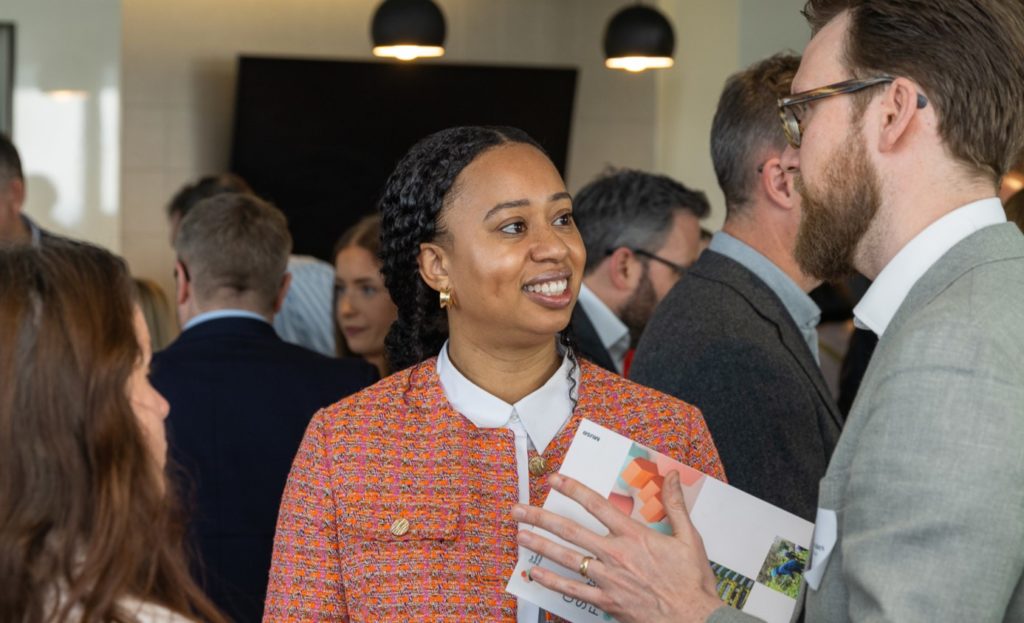
Syreeta Bayne, Head of Social Value and Sustainability - Muse
With contributions from Morgan Sindall Group, Homes England, Legal & General, PIC, Grainger, and The Good Economy – alongside Muse experts – the panels highlighted the importance of collaboration, leadership, community engagement, and high-quality place-based strategies.
Placemaking was recognised as a fundamental building block of sustainable delivery, with a focus on legacy and long-term outcomes. Engagement, and responding to place-based priorities with a deep understanding of community needs, must inform everything we do.
“We recognise the importance of placemaking in the context of sustainability. The outcomes for the environment, and for society, are critical” Sarah Greenwood – Assistant Director, Sustainability & Design, Homes England
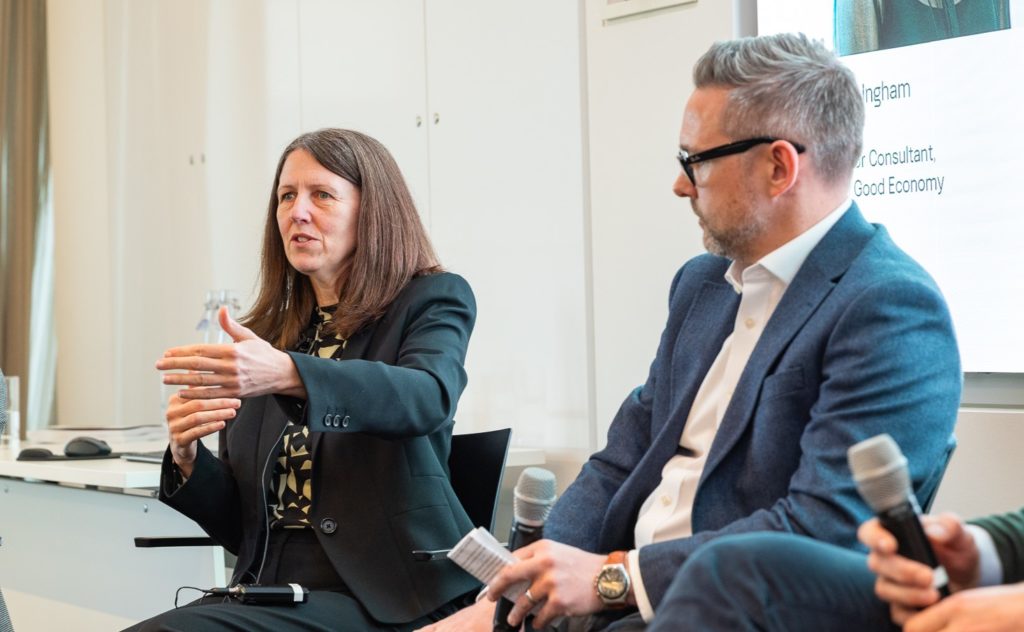
Sarah Greenwood – Assistant Director, Sustainability & Design, Homes England
“You need to understand community needs at a really local level and measure the true outcomes over time…our legacy will live for generations so we must learn and adapt over the lifecycle of a project.” Chris Scott – Development Director and ESG Lead (South), Muse
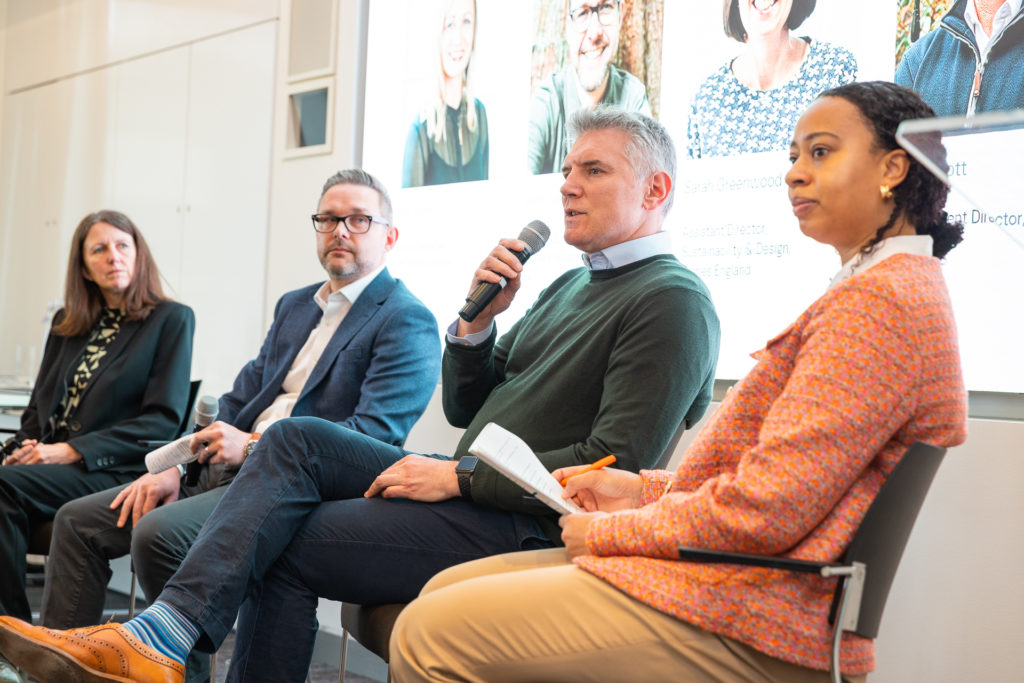
Chris Scott – Development Director and ESG Lead (South), Muse
Sustainable approaches, with a particular focus on social impact, must also be ‘baked in’ to long-term investment strategies, according to John Alker – Head of Sustainability at Legal & General.
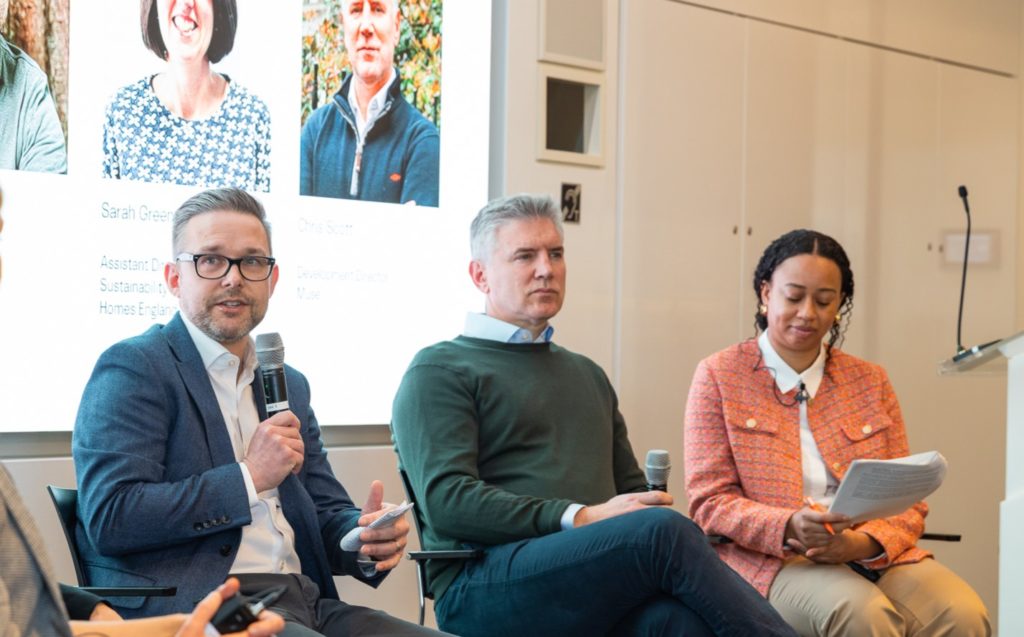
John Alker – Head of Sustainability at Legal & General.
“Place-based priorities should come first. Social impact strategies should be ‘owned’ by the people.” Amy Ingham – Senior Consultant, Real Estate Social Impact, The Good Economy
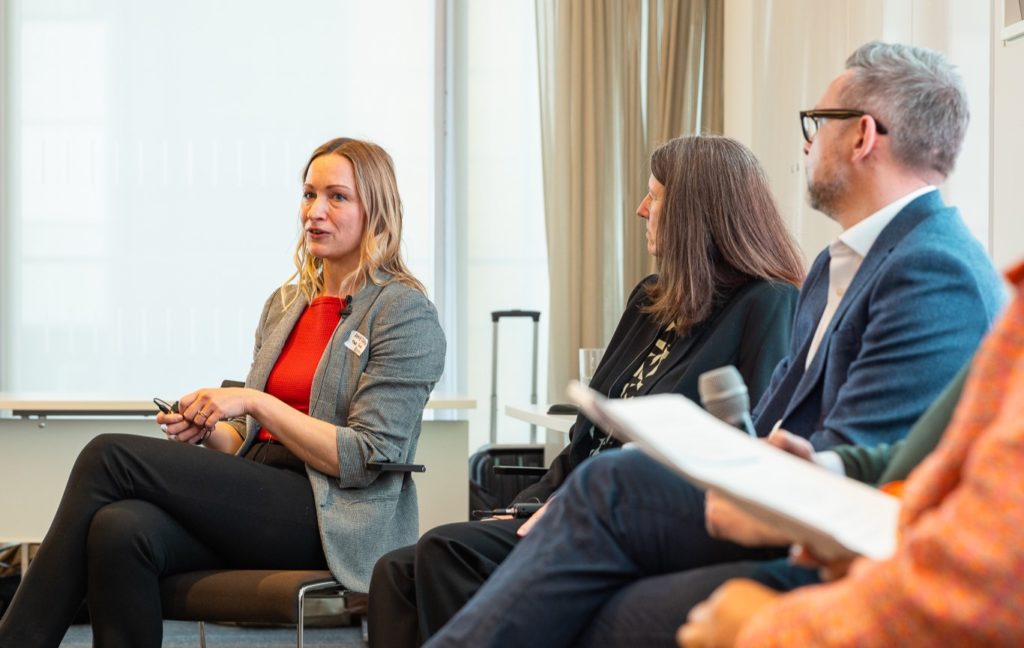
Amy Ingham - Senior Consultant, Real Estate Social Impact, The Good Economy
At Muse, our partnership approach is what underpins our success. We recognise that collaboration unlocks opportunity by bringing together diverse and complimentary skills and experiences.
ECF – our partnership with Homes England and Legal & General – and Habiko, our new partnership with Homes England and PIC, are designed to take advantage of the power of collaboration.
“Collaboration is the way we can unlock boundless opportunity. If you don’t collaborate, you won’t get the positive sustainable outcomes you want.” Graham Edgell – Group Procurement Manager, Morgan Sindall Group plc
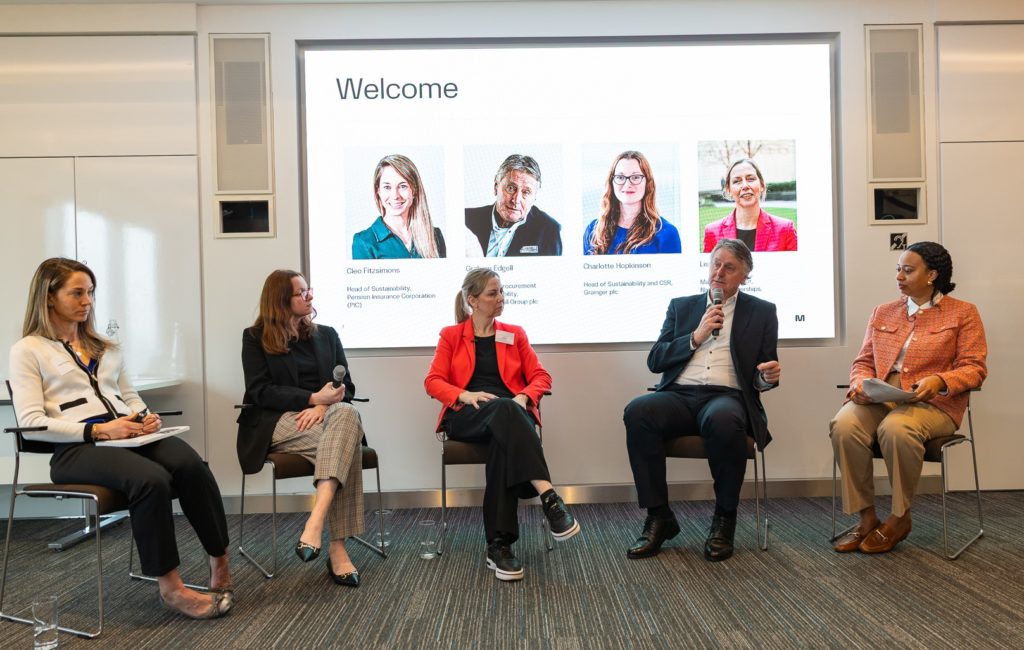
Graham Edgell – Group Procurement Manager, Morgan Sindall Group plc
“Organisations need to have the right values and the right ethos to come together. You need clever and passionate people, with a range of skills, who can fight for the right outcomes.” – Lisa Gledhill, Managing Director for National Partnerships at Muse.
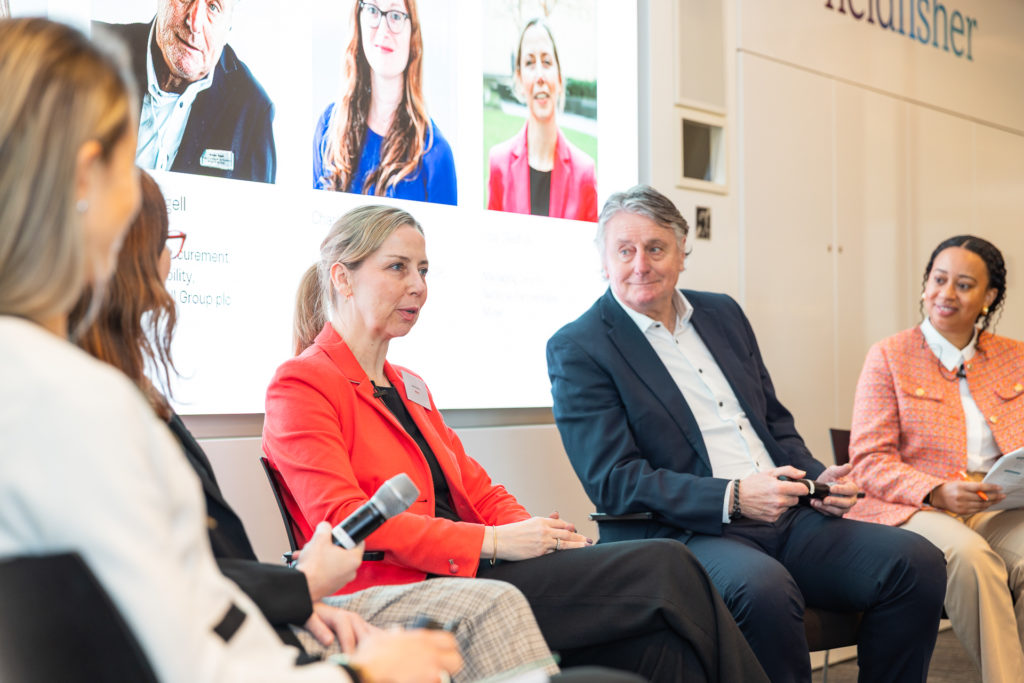
Legacy and stewardship, according to the panellists, is also at the heart of sustainable delivery. In many of the places we are delivering, including Crescent Salford, we are delivering significant infrastructure up front.
Salford Rise, for example, will connect the Crescent Innovation District and the University of Salford with surrounding communities. The elevated five-acre green walkway – partially funded by £13.17 million from the Levelling Up Fund, will connect people to employment and training opportunities. Charlotte Hopkinson – Head of Sustainability & CSR at Grainger said:
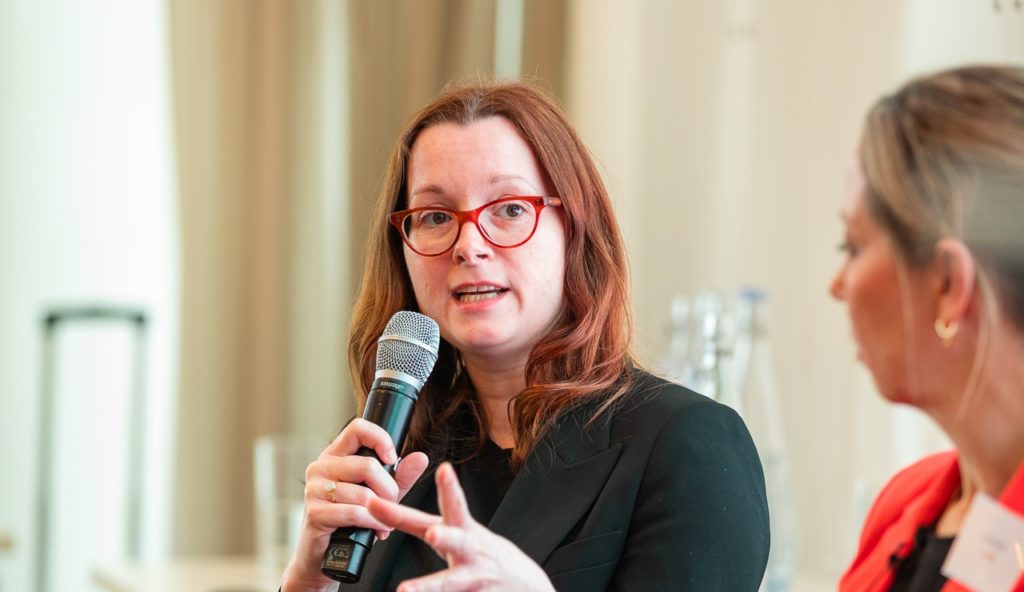
Charlotte Hopkinson – Head of Sustainability & CSR - Grainger
“If we are to reach sustainability targets, we need to invest in housing, but we also need communities with infrastructure and services.”- Cleo Fitzsimons – Head of Sustainability at PIC.
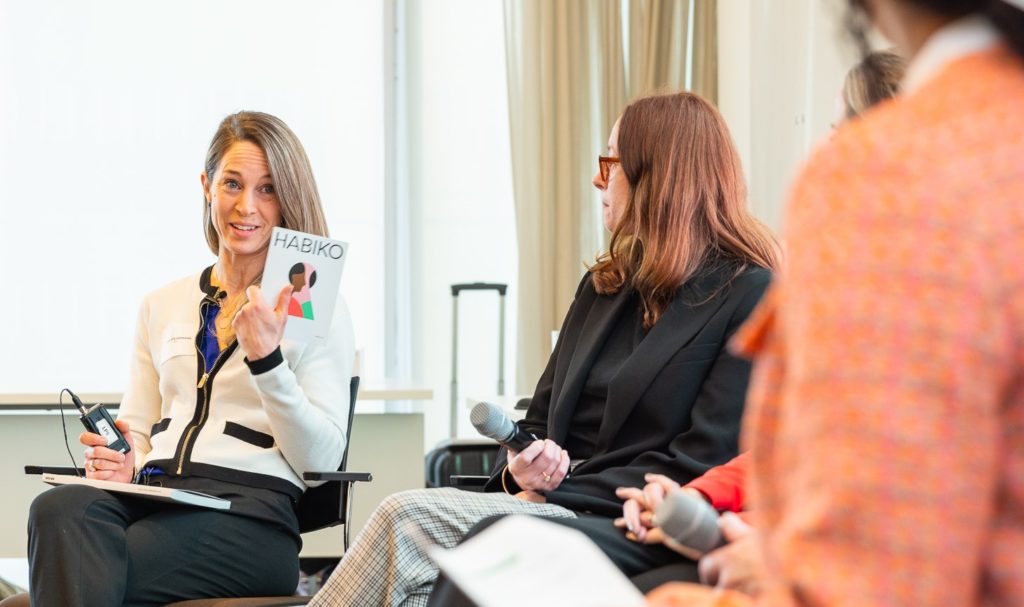
Cleo Fitzsimons – Head of Sustainability, PIC
“Investment in Salford Rise is going in first. It’s an investment in, and for, the community.” Lisa Gledhill – Managing Director of National Partnerships at Muse.
As our blueprint for sustainable delivery, Our Sustainable Future is helping us drive forward our vision, goals, and pledges. We want to contribute to a Just Transition across all the communities in which we operate, delivering social impact, social value, as well as improvements to biodiversity, and the environment.
The Our Sustainable Future Report 2025 is another staging post on our journey. We still have more to do but by working with our partners, sharing lessons with our industry, and remaining ambitious for the future – we will deliver.